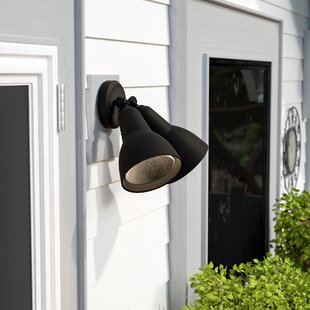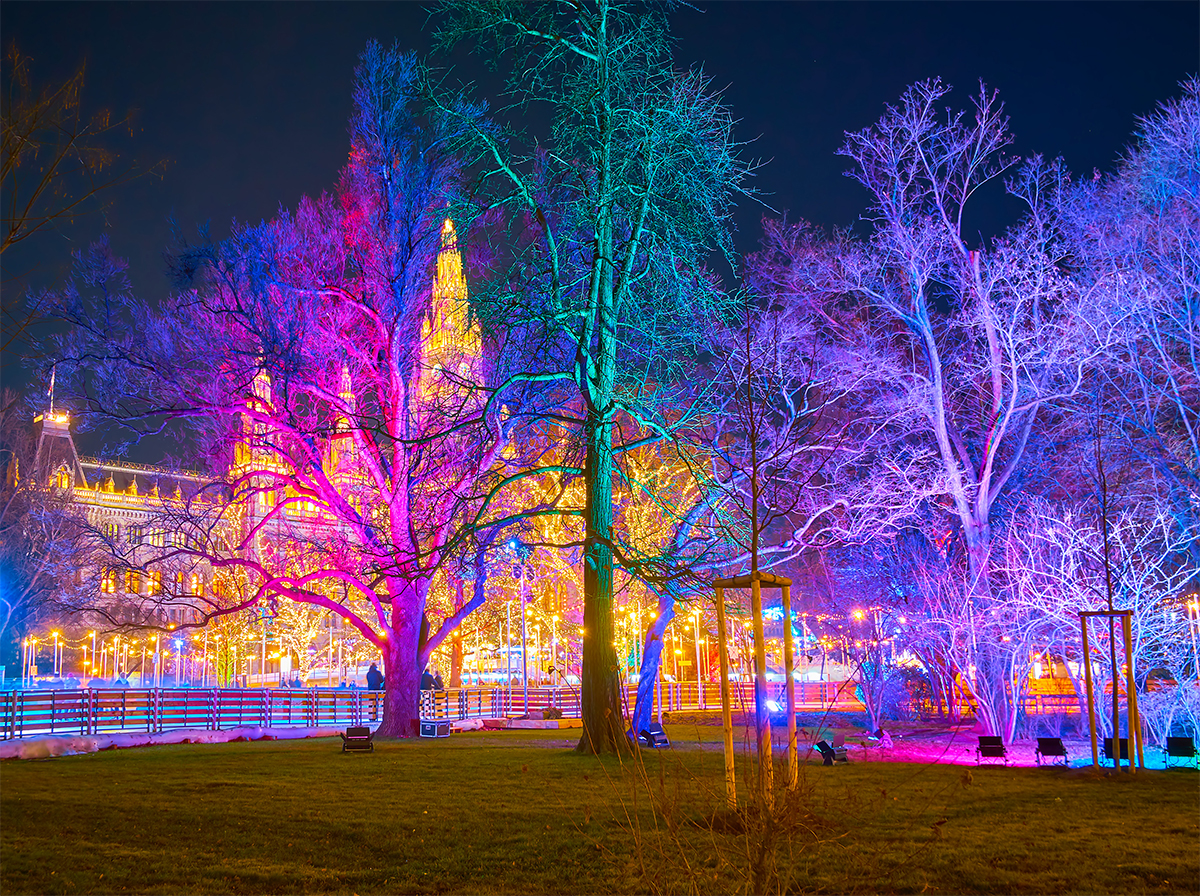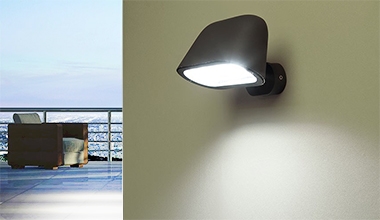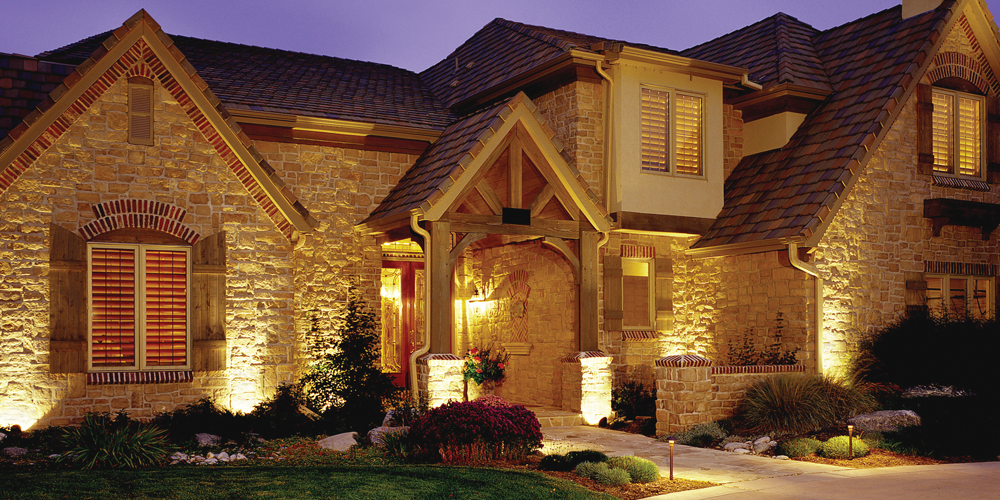When it comes to enhancing the aesthetics and functionality of your outdoor spaces, decorative flood lights can play a pivotal role. These versatile lighting solutions not only illuminate large areas effectively but also add an artistic touch to your gardens, patios, and architectural features. As someone who has spent years experimenting with various lighting options for my home and garden, I can attest to the transformative power of well-placed decorative flood lights.
What Are Decorative Flood Lights?
Decorative flood lights are specialized lighting fixtures designed to cast broad beams of light, typically used for outdoor settings. They come in various designs, colors, and intensities, allowing homeowners to choose the best fit for their particular style and need. Unlike standard flood lights, decorative options often feature unique designs that can enhance the overall aesthetic appeal of your property.
Benefits of Decorative Flood Lights
When considering decorative flood lights, several benefits make them an attractive option for homeowners. Here are the standout advantages:
- Enhanced Aesthetics: These lights are available in numerous styles and finishes, allowing them to complement your architecture and landscaping.
- Versatile Lighting: They provide a broad and even spread of light, making them ideal for various outdoor settings, including pool areas, gardens, and driveways.
- Security: Adding decorative flood lights around your property can deter intruders and enhance nighttime visibility.
- Energy Efficiency: Many modern flood lights are designed with energy-efficient bulbs, such as LEDs, which consume less power and last longer than traditional bulbs.
Types of Decorative Flood Lights
Before diving into specific products, it’s essential to understand the different types of decorative flood lights available on the market. Each type has its unique features and benefits:

1. LED Flood Lights
LED flood lights are increasingly popular due to their energy efficiency and longevity. They provide bright illumination and can be used for various decorative purposes.
2. Solar-Powered Flood Lights
Solar-powered options are perfect for environmentally conscious homeowners. They harness solar energy during the day and provide illumination at night without any electricity costs.

3. Color-Changing Flood Lights
These versatile fixtures can change colors, allowing you to set the mood for different occasions, from festive gatherings to quiet evenings.
4. Smart Flood Lights
Smart flood lights can be controlled via smartphone apps or voice commands, allowing for customized lighting schedules and moods.

Choosing the Right Decorative Flood Lights
When selecting decorative flood lights, consider the following factors:
Brightness (Lumens)
The brightness of flood lights is measured in lumens. For outdoor areas, you typically want a range of 700-1500 lumens, depending on the space you’re illuminating.

Wattage
Look for energy-efficient options. LED flood lights use significantly less wattage than traditional incandescent bulbs while providing equivalent or greater light output.
Design and Style
Choose designs that harmonize with your home’s architectural style. From sleek modern options to more rustic designs, find what suits your taste.

Durability and Weather Resistance
Outdoor lighting should withstand the elements. Look for products rated for outdoor use, with corrosion-resistant materials and a good IP rating.
Comparison of Popular Decorative Flood Lights
| Model | Type | Brightness (Lumens) | Power Source | Price | Recommended Use |
|---|---|---|---|---|---|
| Philips Hue White and Color Ambiance | Smart LED | 1600 | Electric | $70 | Garden parties, patios |
| LITOM 12 LED Solar Lights | Solar | 800 | Solar | $30 | Driveways, pathways |
| LEDMO LED Flood Light | LED | 2000 | Electric | $50 | Commercial areas, large backyards |
| InnoGear Color Changing Lights | Color-Changing LED | 1200 | Electric | $40 | Home displays, events |

Installing Decorative Flood Lights
Once you’ve chosen the right decorative flood lights for your environment, it’s time to install them. Here’s a step-by-step guide:
Preparation
- Gather all necessary tools: drill, screws, anchors, and electrical tape.
- Ensure you have access to power sources if you’re using electric flood lights.

Placement
Select locations that require illumination. Common places include:
- Entryways
- Landscaping features
- Patios and decks
Mounting the Lights
Follow the manufacturer’s instructions for mounting. Typically, you’ll want to:
- Mark your drill points.
- Drill holes into the selected surfaces.
- Securely attach the lights using screws and anchors.
Wiring
If you’re working with electric models, ensure the power is turned off before connecting wires. It’s wise to consult a professional electrician if you’re unsure about the process.
Personal Experience: A Transformation Story
When I first moved into my home, the backyard was a dark and uninviting space. After installing decorative flood lights around the garden, the transformation was remarkable. I opted for solar-powered flood lights to keep energy costs down while still achieving beautiful illumination. The lights not only enhanced the visibility of pathways but also highlighted the beautiful flower beds and tree features. Friends and family commented on how inviting the space felt, leading to more outdoor gatherings and relaxing evenings under the stars.
Common Issues and Troubleshooting
Even with the best products, issues can arise. Here are some common problems and solutions:
1. Flickering Lights
Check the wiring connections for tightness. If using LED lights, ensure they are compatible with your dimmer switches.
2. Dim Lighting
Ensure the fixtures are clean and not obstructed by dirt or debris. If using solar lights, ensure they are receiving adequate sunlight.
3. Non-Responsive Smart Lights
Ensure the Wi-Fi connection is strong. Sometimes, simply resetting the device can solve connectivity issues.
Pros and Cons of Decorative Flood Lights
| Pros | Cons |
|---|---|
| Enhances property aesthetics | Initial installation costs |
| Wide variety of styles | Maintenance and occasional repairs |
| Improves security | Potential light pollution if overused |
| Energy-efficient options available | Can attract insects if not chosen carefully |
FAQs About Decorative Flood Lights
What is the best type of bulb for decorative flood lights?
LED bulbs are generally the best choice due to their energy efficiency, longevity, and brightness. They also come in various color temperatures, allowing for customized atmosphere settings.
How far apart should I space my flood lights?
This largely depends on the wattage and brightness of the lights. A good rule of thumb is to place them 10 to 20 feet apart for residential applications to avoid dark spots.
Can decorative flood lights be used indoors?
Yes, decorative flood lights can also be used indoors to highlight architectural features, artwork, or areas in need of additional brightness.
How do I maintain my decorative flood lights?
Regularly check for dust and debris, especially on solar panels for solar lights. For electric models, inspect wiring and fixtures annually for wear and tear.
Conclusion
Decorative flood lights can transform your outdoor spaces, providing both beauty and functionality. With a wide variety of options available, you can find the perfect fixtures that match your style and serve your lighting needs. By following the tips and guidelines outlined in this article, you’re well on your way to creating a beautifully illuminated environment that enhances your home’s appeal and safety.
Illuminate your space with style—your outdoor areas deserve it!